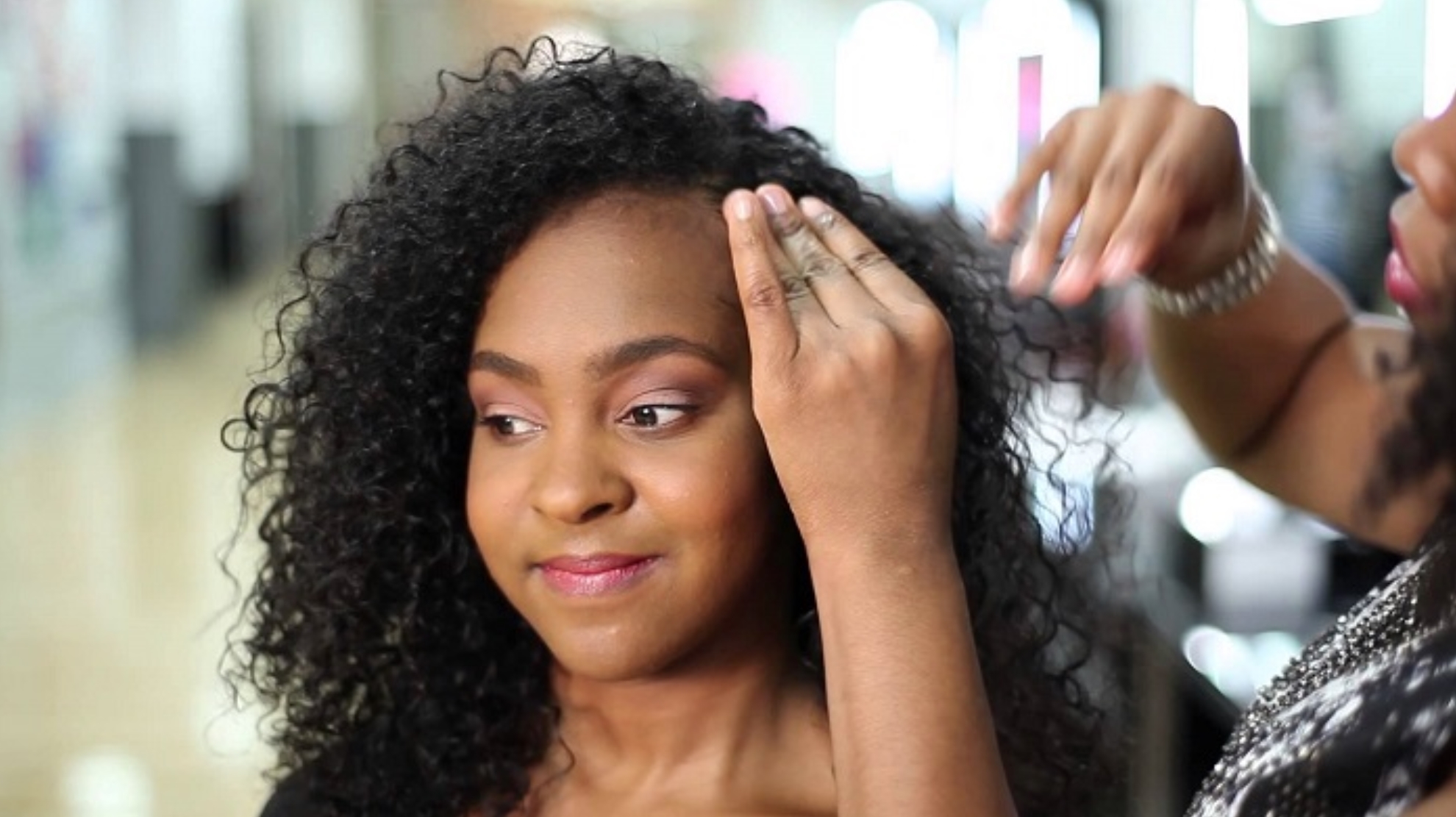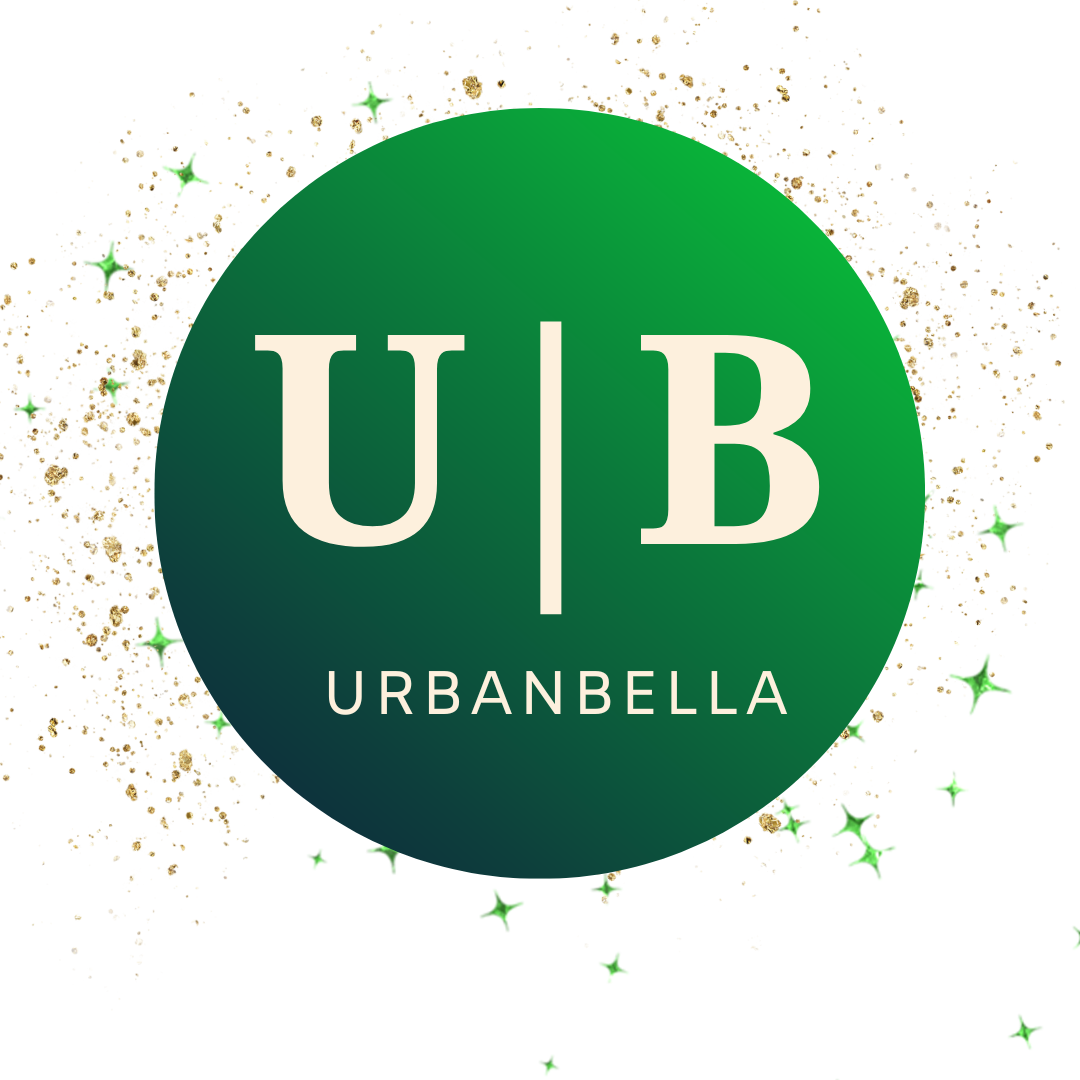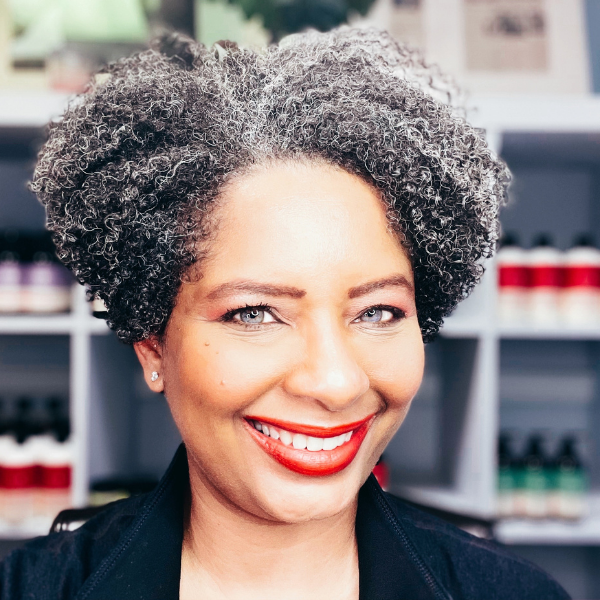Thinning hair can be embarrassing, upsetting and downright alarming. If you’ve been noticing your hair is thinning or your edges are creeping back, it’s crucial to get to the root of the problem. And fast.
While it’s completely normal to notice some of your hair falling out- (keep in mind, a healthy scalp sheds between 50 to 100 strands a day)- Ultimately, you’re the one who knows your hair best. Perhaps you’ve noticed more hair than usual is left in your comb, or that you’ve got a tangle of fallen strands left on your pillowcase in the morning. Maybe you’re even noticing it when you look in the mirror. All of these discoveries can be upsetting, and we can’t stress enough the importance of finding out the cause of your hair loss. Once you’ve gotten to the root of the problem, you can appropriately treat the issue you’re dealing with and stop hair loss in its tracks. You’ll be the best judge at knowing if the amount of hair you’re losing has become abnormal, and if the time has come to step in and take action.
We’re here with some words of comfort, as we know how distressing hair loss, receding hairlines and thinning edges can be. Education is the best defense against disappearing hair, so let’s take a look at all the possible causes that could be behind your thinning hair, and take the first steps in the journey to healthier hair.
If you’re not already a dedicated believer of all the benefits of Urbanbella’s healthy hair commitment, we encourage you to join us in becoming a proud naturalista, who chooses hair care techniques that embrace our Natural Hair Code… We’ve still got plenty of reasons to beckon you over to the curly side, and preventing thinning hair is one of them. We’ve seen it tried and true, the benefits you’ll get from not messing with your hair too much, just letting it be. Just how it is. Exactly as it was intended.
Because when you cover up what God gave you with a wig or weave, we’ve got news for you: You can be harming much more than just your naturalista cred.
You may be noticing your edges creeping back a little, or your hairline disappearing on you- or you may feel like you’re already in too deep and you just need to cover up your hair loss with a wig. But whatever stage you’re struggling with, no matter how distressing or how hopeless it all feels, there is an answer. And we’re going to get to the bottom of it with you.
You may be noticing your edges creeping back a little, or your hairline disappearing on you- or you may feel like you’re already in too deep and you just need to cover up your hair loss with a wig. But whatever stage you’re struggling with, no matter how distressing or how hopeless it all feels, there is an answer. And we’re going to get to the bottom of it with you.
Hair Thinning Culprits

Let’s find out how this all started so we can address the problem head-on. There are many things that can lead to hair loss, as our hair is a complicated but beautiful miracle. To get back to basics: Our hair follicles go through three natural phases- the growing, resting and falling-out phases of our hair’s life cycle. Hair follicles grow for a few years, then takes a rest for a couple of months before falling out and starting the cycle all over again. What becomes problematic is when we go through things in life that push our hair follicles ahead of time and accelerate them into the rest phase too early.
Many hair loss issues are caused by the body going into shock or being under some sort of duress. This prematurely triggers the hair’s resting phase, called Telogen Effluvium, before it’s actually due… Which leads into its next phase, the natural cycle of falling out. You might be able to identify a cause from this list that has led your to hair leap-frog ahead into its rest phase before it’s really time. If you think your hair loss was a result of one of these causes prompting Telogen Effluvium to happen too soon, don’t panic… There are baby hairs growing in their place, and your hair will grow back in time.
Some of the triggers to our hair’s resting phase are easy to identify, but some of them are little known and are able to keep on wreaking havoc on your hairline without you even realizing they’re to blame.
Here’s some of the more obvious (and easier to catch) hair loss culprits...

- Stress: It’s not merely an expression, it is possible to be so stressed that your hair falls out. Prolonged and intense stress takes its toll on your entire body, and your scalp suffers too. Try to reduce daily stress in your life to prevent this hair follicle assassin from attacking your precious tresses, and causing you one more thing to stress about.
- Medication: Some medications can affect your hair follicles and cause significant hair loss. Check the drug information on any medications you’re prescribed to make sure they’re not behind your mysterious hair loss. If it’s becoming enough of an issue, your doctor might be able to prescribe an alternative medication that doesn’t report hair loss as a side effect. In many instances, after discontinuing that particular medication, your hair follicles are able to fully recover and your hair will return to normal.

- Scalp Infection: You’ll probably see other side effects along with the hair loss if you’ve got an infection, and it’ll be easy to spot. Usually hair loss happens at the later stages of conditions such as fungal or bacterial infections, when they’re left untreated. You’ll know pretty quickly if this is the cause of your hair loss, as these infections usually come hand in hand with a scaly, flaky scalp and itching and soreness to the touch.
- Illness: When your body is battling a serious illness, it’s putting all of its energy and reserves into getting itself better fighting the disease. If your immune system is busy commandeering all of your body’s resources, your basic healthy functions such as having great skin and hair take a back seat, and don’t get all the nourishment they need as it’s being utilized elsewhere.

- Surgery: Undergoing major surgery shocks your system. In its most dramatic cases, patients reported losing 70% of their hair about 2 months after going under the knife. Surgery can shock your hair follicles into the rest phase and can affect you with a mild or acute case, depending on how your body reacts to the procedure.
Then there’s the sneaky culprits who lurk around unnoticed, but are throwing a serious wrench in your healthy hairline works:

- Dramatic Weight Loss: If your weight has significantly dropped, your body can go into survival mode, triggering a stress response, and the hair’s rest cycle.
- Traction Alopecia: Many black women put a lot of unnecessary strain on our hair follicles. We stretch out our hair... Tie down our curls with tight headbands... Snatch back our edges and slick them with gels... Dabble in wearing wigs... Weigh down our roots with weaves tight enough to make our eyes water... Stifle our scalps and put excessive pressure on our hairlines with tight in wig caps... And generally just tug on our roots more than they can handle. Try giving your roots the love they need by letting your natural hair do its thing- be natural. We swear by letting our own and our client’s hair get a rest from all that strain by opting for Wash ‘N’ Go styles and embracing our curls in all their beauty.

- Androgenetic Alopecia: You can thank your parents for this one. Commonly known as female pattern hair loss, this genetic hair thinning has your hair shedding at a normal rate, but the new baby hairs that grow back are thinner and finer. Every time your hair goes through its life cycle of growing, resting and falling out, it grows back smaller as the hair follicle is slowly shrinking. It often starts with your hairline receding, or your part spreading, so that will make it easier to identify and therefore make a plan moving forward. Unfortunately, after some time, eventually hair will no longer continue to grow. Chat with your doctor about potential treatment options if you suspect your hair loss issues were inherited.
- Poor Nutrition: Not getting enough vitamins, minerals and nutrients from your diet can cause hair loss. Be sure you’re especially getting plenty of protein, as it is the building block for growing healthy hair follicles and maintaining the health of your hair overall.

- Anemia: When your body is seriously deficient in iron, it can’t produce enough hemoglobin in your blood. This is crucial for carrying oxygen for the growth and repair of cells in your body, and also the cells that stimulate hair growth. Try an iron supplement, or ensure you’re getting enough iron through your diet.
- Too Much Vitamin A: Overdoing it on your Vitamin A supplements can blast your hair follicles into overdrive. While this sounds like it should be a good thing, it’s actually accelerating the hair’s growth cycle, meaning that your hair will race toward the rest cycle (and we know what comes after that- the falling out phase.)

- Underactive thyroid: The thyroid hormone plays an essential role in the development and maintenance of the hair follicles. If your thyroid is underactive, your hair follicles are shocked into the rest phase. Usually, you’ll notice that your hair is thinning in a uniform pattern all over your head, and looks sparse all over. Chat to your doctor and have them check your thyroid hormone levels if you’re experiencing any of the other symptoms of an underactive thyroid, such as feeling tired all the time, gaining weight or feeling cold all the time.
Thinning Hair Has Something to Tell You

I can’t think of a single person I remember being grateful to discover they have thinning hair… However, we may just have our hair to thank for letting us know when there’s something troubling going on with our health- that we may not have caught otherwise. Our hair is often the first thing to alert us when something’s up, and give us the nudge we need to chat to our doctor. Often underlying conditions can be the cause of our hair woes, but for some of us, the hair woes related to them end up being the least of our troubles. Our health is the single most important thing we can dedicate our attention to, and our hair will always show us when we’re on the right track.
For this very reason, we urge you to tune into the messages your hair is trying to tell you. She might whisper sometimes, but do listen carefully- she has important things to say. Something that may even save your life. And at the very least, she’ll save your edges. Which is nearly as good..!
~Keneesha and the Urbanbella Team






Johnnie Vaughn
May 18, 2020
I watched your blog for the first time on Saturday, and i knew right away that i needed your help. I have just started wash and go with my hair I am now using shea butter products but i really want to start using your products. my hair has some curls in it now but listening to you , i know i have a lot to learn. my daughter will also be transiting her hair .thank you for your help. you are a amazing trainer.